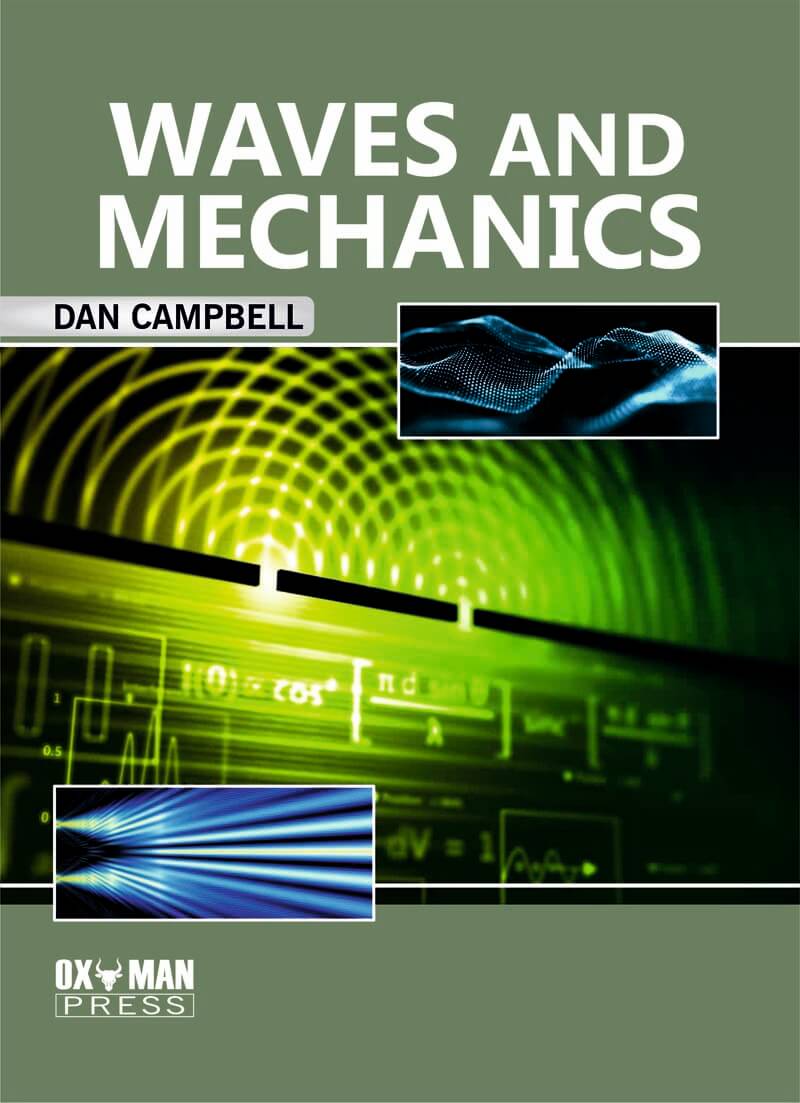Waves And Mechanics
| ISBN | 9781778807288 |
|---|---|
| Author | Dan Campbell |
| Publisher | OXMAN PRESS |
| Publication Year | 2023 |
| Category | Engineering & Technology |
| Price | $171.00 |
Dan Campbell teaches in the mechanical engineering department. He has received numerous honours for his work, including the National Award in Physics, the National Medal of Science, and the Heinemann Prize in Mathematical Physics. His research has focused on a wide range of subjects, including quantum field theory, mechanics and waves, elementary particle physics, and cosmology. Physics and Astronomy Professor Frank Terry is a part of this group. Gravitation and Cosmology, The Quantum Theory of Fields, a three-volume effort, and most recently, Cosmology, are some of his writings for physicists.
